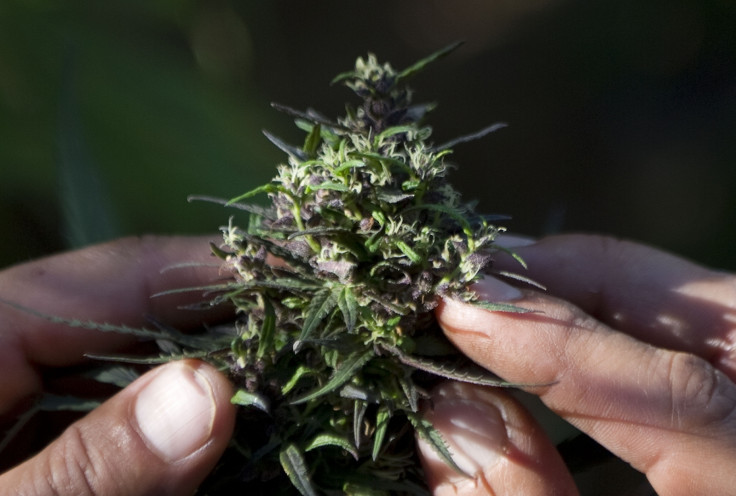Beaten, mutliated, abused: Extent of modern slavery in UK revealed
Thousands of people are being trafficked into slavery every year, a new report reveals.

Gangs of criminals are forcing people into modern day slavery in the heart of Britain. Being coerced into prostitution, made to work in a cannabis farm or even targeted for organ harvesting are just some of the threats the victims face.
One in 20 rescued slaves are homeless or even unaccounted for, according to the Salvation Army, which has released a report revealing it has come to the aid of 1,400 slaves in the last year.
One teenager, born in Vietnam and referred to as "T", was forced into slavery before he was 11, when his parents died.
He was taken into a local convent and cared for, but moneylenders pursuing debts kidnapped him.
He was kept in chains and his captors cut off one of his fingers which was sent as a threat to the convent's leaders, to persuade them to pay off the money they said they were owed.
Eventually, Chinese people-traffickers smuggled him into the UK in the back of a lorry and forced him to tend cannabis plants. He was maltreated and ill-fed, becoming so hungry that he even tried to eat the cannabis plants.
He was rescued by police and placed in foster care, but was later tricked by a Vietnamese man he met in a shopping centre, who persuaded him to return to his home. He was forced to become first a domestic servant and then sold to another person as a warehouse worker.
When his captors sent him out to wash cars, he fled to a police station. He was placed in the government's slave rehabilitation scheme in 2013 and given shelter in a safe house by the Salvation Army. One evening, he failed to return and is still missing. Staff fear he may have been kidnapped again.
Among the 1,400 rescued slaves last year, 295 were from Albania and 137 each from Nigeria and Poland.
Vietnamese were the fourth largest group and victims from war-torn Eritrea and Sudan appeared in the top 10 for the first time.
"I have seen the Jungle camp at Calais first-hand and witnessed the plight of individuals from places like Sudan and Eritrea," said Anne Read, director of anti-trafficking and modern slavery at the Salvation Army.
"They will have escaped the horrors of conflict in their own countries looking for hope in another. They are often so vulnerable and desperate that they make easy prey for traffickers."
Forty-four of those helped last year by the Salvation Army, which is responsible for administering the government's rehabilitation scheme and receives funds to help victims, were British.
© Copyright IBTimes 2025. All rights reserved.





















